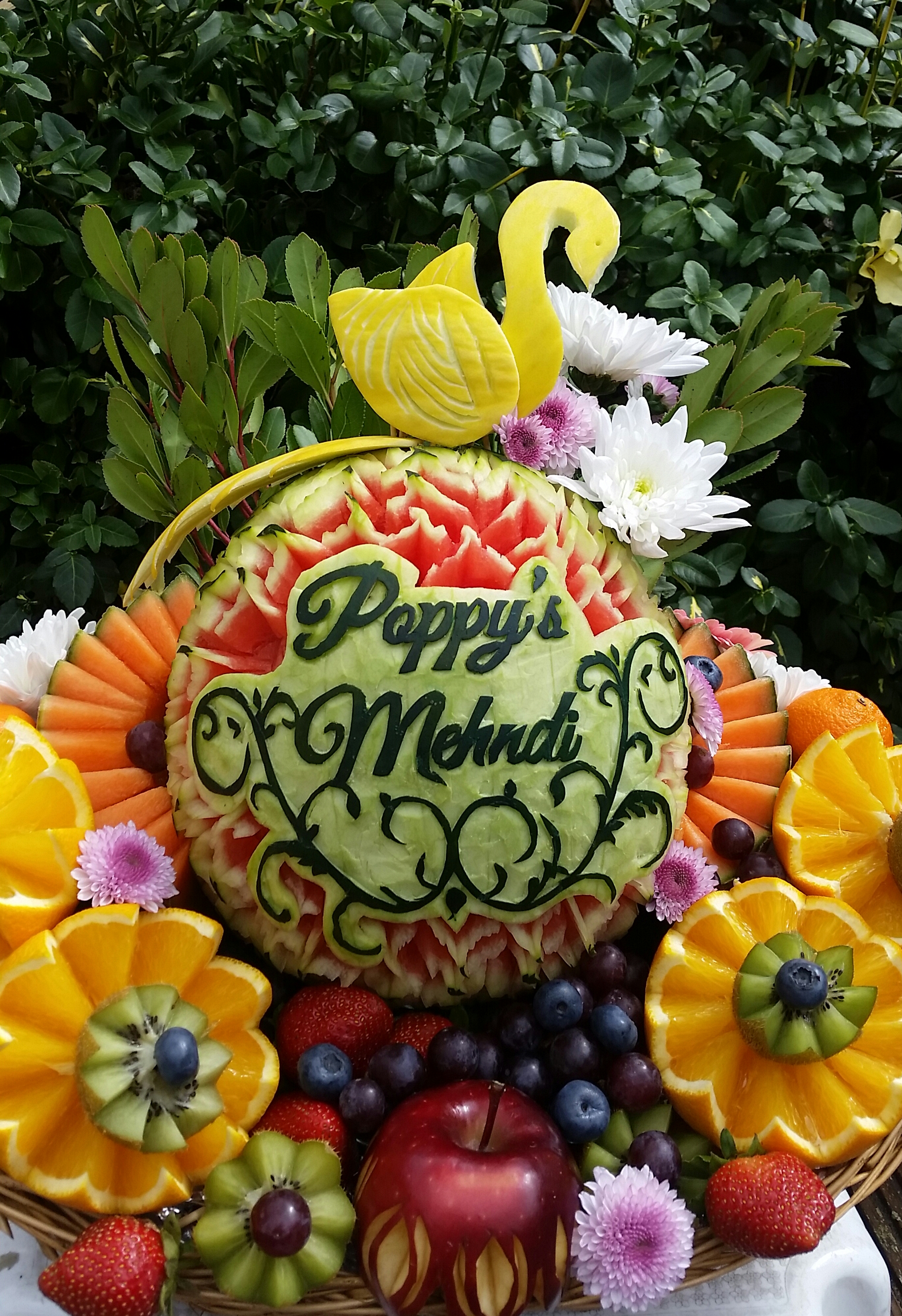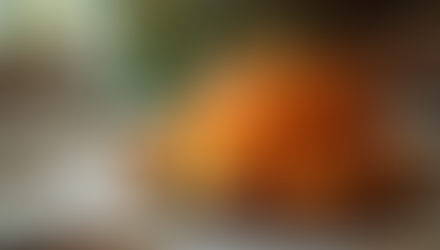Ramandan Etiquette
- Nasima Khatun

- Jul 1, 2013
- 3 min read
DON’T LEAVE FOOD FOR SHAITAAN
The Prophet, (sallalahu alaihi wasallam) commanded us never to waste food, because food that we waste is eaten by shaitaan. He (sallalahu alaihi wasallam) said: “The shaitaan is present with everyone of you in everything he does; he is even present when he eats food, so if any on of you drops a mouthful, he should remove away anything filthy on it and eat it and not leave it for the devil; and when he finishe, he should lick his fingers for he does not know in what portion of his food the blessing ties.” Narrated by Jaabir and collected in Saheeh Muslim (eng. Vol. 3, p. 1121. no. 5046)
A GREAT EXAMPLE
The Holy Prophet (Sallallahu Alaihi Wa Sallam) used to say Bismillah (in the name of ALLAH) before beginning to eat and to praise ALLAH at the end in the following words: [Zad-uI-Ma’ad]
He used to wash his hand before eating, he ate with his right hand and from before him. [Zad-ul-Ma’ad]
While eating he would never put the whole of his fingers into the food. [Nashrut-Tib]
Hadis: Ka’b lbn Malik has related that the Holy Prophet’s (Sallallahu Alaihi Wa Sallam) habit was to eat with three fingers, and he used to lick them clean. [Shamail-e-Tarmizi, Muslim]
The Holy Prophet (Sallallahu Alaihi Wa Sallam) never blew in any food or drink and considered it to be bad habit. [lbn Sa’ad]
When the Holy Prophet (Sallallahu Alaihi Wa Sallam) was invited by somebody (to a meal) he would pray (supplication) for the host in the following words: O ALLAH! Bless them in what Thou hast bestowed on them, forgive them and have mercy on them. [Zad-ul-Ma’ad, Madarij-un-Nabuwa]
DON’T EAT TOO MUCH
This eating pattern does not benefit the Muslim, who should do all things in moderation, including his eating. The Prophet, (sallalahu alaihi wasallam) said: “A Believer eats in one intestine, whereas a non-believer eats in seven intestines”[12] Narrated by Ibn Umar and collected in Saheeh Muslim (eng. Trans vol. 3, p.1137, no. 5046) [Up]
AFTER EATING
We should express this gratitude in the manner in which the Prophet taught us. He said: “One who has eaten some food and then says: ‘AlI praise is for Allaah, who has given me this (food to eat] and provided me without any effort or power on my part’, he will have his sins forgiven. (Alhamdulillaahil-lazee at’amanaa haadha warazaqeenee min ghairi hawlin minnee wala quwwah).” [13] Hasan - Narrated by Mu’aadh Ibn Anas ans collected by at-Tirmidhee and others.
Breaking your Fast
Water is life This is a very common term we are accustomed to hearing but it is very true. When we break our fast we do not want to overburden your digestive system. The best benefit of fasting is realized when a fast is broken slowly by taking it easy is. Breaking your fast with water is the initial signal telling your body that it will be nourished with food soon. So the body prepares for it.
Why Dates? Dates are a staple fruit of the Middle East having been in cultivation for thousands of years. Traditionally, dates are known as the food Muhammad (SAW) ate when he broke his fast. During the period of Ramadan, when fasting lasts from sunrise to sunset, the body can develop mild health problems such as headaches, low blood sugar, and lethargy. To avoid such problems, one should carefully monitor their eating habits once fasting for the day has ended. Dates are an excellent source of fibre, sugar, magnesium, potassium, and have carbohydrates which will aid the body in maintaining health. The carbohydrates found in dates also make the fruit a slower digesting food, much better than fried or fatty foods which digest fast and leave one hungry for more.








































Comments